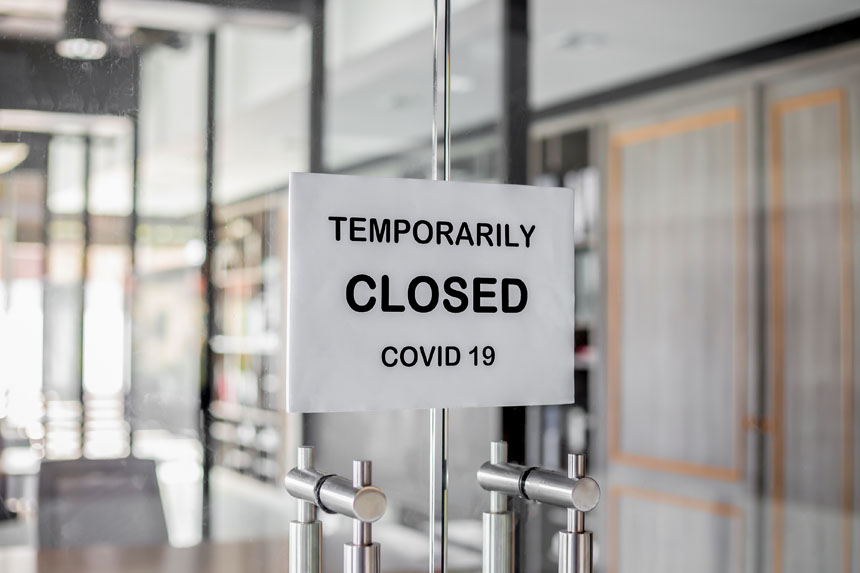More than 16,000 independent physician groups closed due to the COVID-19 pandemic. An additional 8,000 physician groups may close by the end of 2020.
According to Definitive Healthcare data, there are currently 121,000 independent physician groups in the United States. If the closure projections are correct, COVID-19 would lead to the closure of roughly one-fifth of all independent physician groups.
A recent article from the New York Times interviewed care providers to further understand the reasons behind practice closures and early retirement. Physicians cited burnout as one of the primary reasons they temporarily or permanently left their jobs. Others mentioned financial concerns due to lower patient volumes.
Why are physician groups closing in 2020?
As the volume of new COVID-19 infections reaches record highs, the need for experienced physicians is growing once again. Yet the stream of facility closures indicates the nationwide provider shortage will continue. This could further exacerbate barriers to healthcare access in rural areas and across the country.
In a report from The Physicians Foundation, 20 percent of surveyed physicians reported that a coworker has already retired or plans to retire early due to COVID-19. Another 15 percent reported that a coworker already left or plans to leave work temporarily or for another line of work. Of the physicians that left during the initial peak of COVID-19, half have still not returned to work.
Definitive Healthcare surveyed physicians about increases in
cognitive overload across the healthcare industry. Though the rise of electronic health records (EHR) and telemedicine expansion improved access to patient information, it also increased physician workloads through transcription and other administrative tasks. Half of Physician Foundation survey respondents reported that their mental exhaustion is at an all-time high.
What do physician group closures mean for patients?
For many physicians, one benefit of opening an independent practice is spending more time with patients. Working at a small physician group can offer more flexible scheduling, which may help foster better patient-provider relationships. However, 43 percent of Physician Foundation survey respondents said they reduced staff due to the pandemic. This could be a combination of physicians’ personal choice and aforementioned financial concerns.
Fear of contracting COVID-19 is leading patients to postpone regular care visits. Even with the rise of telemedicine use, virtual visits aren’t making up for lost revenue.
Physician shortages in the U.S. are already causing significant barriers to healthcare access for patients. Further reduction in available clinicians could lead to higher complication rates and mortality - especially for patients in rural areas.
For independent practices, the decision to close is a difficult one. To prevent permanent closure, some physician groups are looking to be acquired by a hospital or health system. Network ownership would give small physician groups access to better funding and increased access to personal protective equipment (PPE) like masks and gowns. Currently, only about 3,600 physician groups report network membership.
Learn more
Do you have the up-to-date data you need to stay ahead of the COVID-19 pandemic? Definitive Healthcare tracks over 7 billion medical claims that cover more than 300 million patient lives. Our data is updated monthly, ensuring your business has access to the most recent available insights.
Join some of the most trusted names in healthcare. Start your free trial today.





